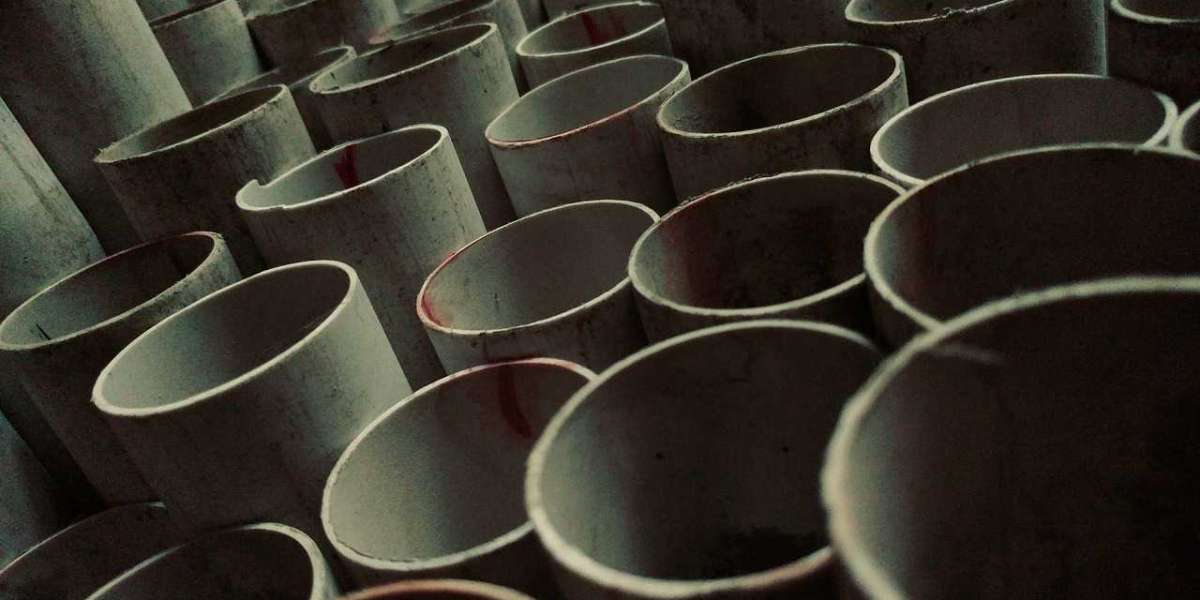When working with piping systems—whether in construction, plumbing, or industrial setups—understanding the types and classifications of pipes is critical. One of the most common terms you'll come across is “schedule,” particularly Schedule 40 and Schedule 80. But what do these terms really mean, and how do they affect your choice of pipe?
In this blog, we'll explain what Schedule 40 and Schedule 80 pipes are, their differences, and where each type is most suitable. Whether you're a contractor, builder, or an informed homeowner, this guide will help you make the right decision for your project.
1. What Does “Schedule” Mean in Piping?
The “Schedule” of a pipe refers to its wall thickness. Contrary to popular belief, it does not indicate the size or diameter. The higher the schedule number, the thicker the wall—and therefore, the higher the pressure rating.
Schedules were standardized by the American National Standards Institute (ANSI) to help define pressure ratings, weight, and strength of pipes.
2. What is Schedule 40 Pipe?
Schedule 40 is the most commonly used pipe thickness across residential, commercial, and light industrial applications.
Wall Thickness: Moderate
Pressure Rating: Suitable for standard water systems
Applications:
Home plumbing
Drainage and wastewater
Irrigation systems
Vent lines
Schedule 40 pipes are cost-effective, easy to handle, and widely available in materials like PVC, uPVC, and HDPE.
If you're working on a typical residential project, Schedule 40 is likely your go-to option.
3. What is Schedule 80 Pipe?
Schedule 80 pipes have thicker walls than Schedule 40, making them more durable and able to withstand higher pressures.
Wall Thickness: High
Pressure Rating: Higher than Schedule 40
Applications:
High-pressure water lines
Chemical handling systems
Industrial cooling systems
Underground installations
Due to their strength, Schedule 80 pipes are preferred in industrial or high-demand environments. They're slightly more expensive and heavier, but worth it when performance is a priority.
4. Key Differences Between Schedule 40 and 80
| Feature | Schedule 40 | Schedule 80 |
|---|---|---|
| Wall Thickness | Thinner | Thicker |
| Pressure Capacity | Moderate | High |
| Weight | Lighter | Heavier |
| Cost | More Affordable | Slightly Expensive |
| Common Usage | Residential/Light Commercial | Industrial/Heavy Commercial |
5. Material Considerations
Both Schedule 40 and 80 are available in multiple materials:
PVC: Lightweight, cost-effective, non-corrosive
uPVC: Rigid and durable, great for pressure systems
CPVC: Heat-resistant version of PVC, often used in hot water systems
Choosing the right material is just as important as the schedule. For instance, Schedule 80 CPVC is ideal for high-temperature industrial pipelines.
You can explore a full range of certified Schedule 40 and Schedule 80 options from Plasco Pipes, a brand known for its durable and industry-grade piping solutions.
6. When Should You Choose Schedule 40 vs Schedule 80?
Go for Schedule 40 if:
You're installing pipes for home use.
Water pressure is within normal limits.
Budget and ease of handling are priorities.
Choose Schedule 80 if:
You're working with high pressure or hazardous fluids.
The environment demands extra strength.
You want added safety for underground or commercial piping systems.
7. Installation Tips
Always match pipe schedule to application needs—not just the budget.
Make sure fittings and joints are compatible with the chosen schedule.
When in doubt, consult with professionals or refer to your building code.
Final Thoughts
Understanding the difference between Schedule 40 and Schedule 80 pipes can significantly impact the longevity and safety of your piping system. From thickness to pressure rating, choosing the right schedule ensures you're not overspending or under-preparing.
Whether it's for home construction or a heavy-duty industrial job, Plasco Pipes offers a complete selection of both Schedule 40 and Schedule 80 piping solutions designed to meet modern engineering standards.


